- en
- nl

Innovation in materials and chemistry is revolutionizing industries. Cutting-edge research and breakthroughs are driving advancements in manufacturing, sustainability, and product development.
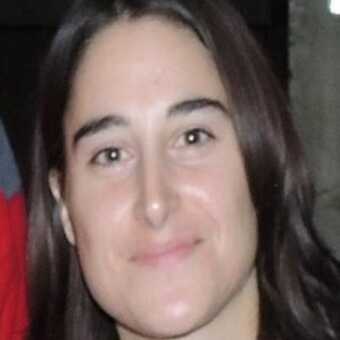
InSusChem is an IOF valorization consortium of University of Antwerp which connects chemists, engineers, economic and environmental oriented researchers in an integrated team of 15 professors and their research teams. The objective is to maximize impact in key enabling sustainable chemical technologies, materials and reactors that are able to play a crucial role in a sustainable chemistry and economic transition to a circular, resource efficient and carbon neutral economy.
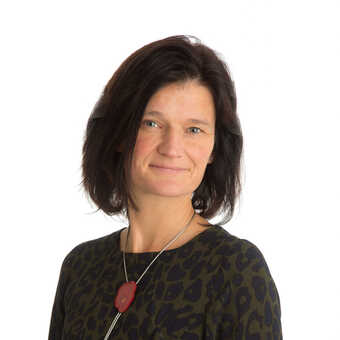
The VUB multidisciplinary STEP-Chem consortium contributes at accelerating the innovation cycle of sustainable processes for chemical industry, a major challenge to be achieved by 2050 if not earlier in line with the European Green Deal 2030. STEP-Chem (Separation Technology & Economics and Policy making for sustainable Chemicals production) therefore combines the expertise of the Chemical Engineering Department (CHIS) in separation technology and process intensification with the know-how of the Institute for European Studies (IES) on policy-making, economic modelling and in-depth analysis of feedstocks, product streams and chemical processes at the company and sector level, as such serving sustainability in the chemical industry in a holistic way.
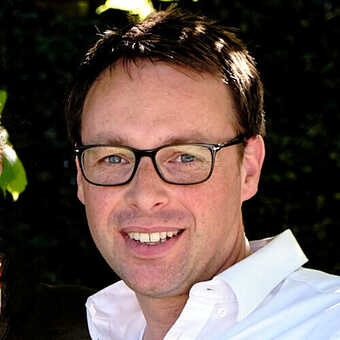
The Ameloot Group is a materials chemistry group that thrives on crossing traditional subject boundaries. It aims to build bridges between the established use of porous materials, as adsorbents and catalysts, and the worlds of microelectronics, diagnostics, and additive manufacturing.
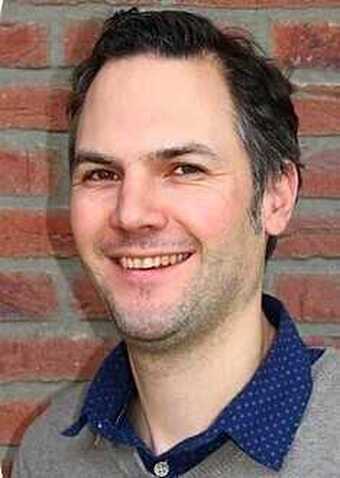
The mission of the CSCE is to produce knowledge to foster a better understanding of the role of heterogeneous catalysis in the upcoming circular and carbon-smart economy. As a group of academics, students and technicians, interested and trained in different disciplines, we are highly committed to search for novel catalysis solutions to drive and enable the sustainable production of chemicals and materials. CSCE research covers the range of fundamental to applied catalysis research, both in chemistry and engineering.
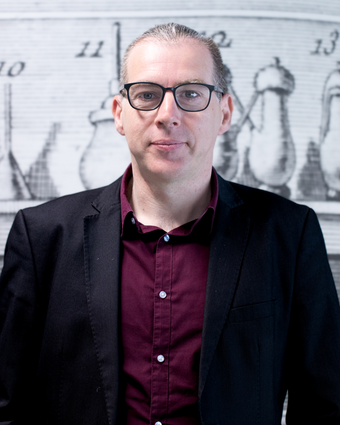
SIM² KU Leuven’s mission is to develop, organise and implement problem-driven, science-deep research and future-oriented education, contributing to the environmentally friendly production and recycling of metals, minerals and engineered materials, supporting the transition to a climate-friendly, circular-economy.
SIM² KU Leuven therefore designs, researches and exploits selective and efficient processes for the exploration, extraction, recovery, recycling and refining of (base and critical) metals and minerals, as well as for the upcycling of primary and secondary resources and the re- and demanufacturing of End-of-Life complex metal-containing products.
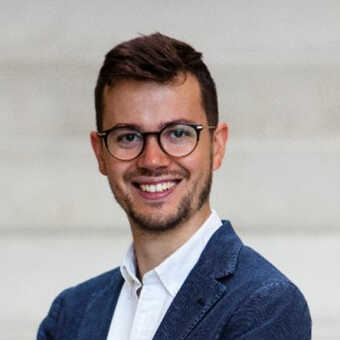
BlueApp works on solutions for a carbon-neutral tomorrow by bringing together start-ups, companies and expertise of University of Antwerp. They enable startups to develop, upscale and demonstrate promising technologies by offering space, academic knowhow and services. BlueApp helps companies tackle their challenges in sustainable chemistry in collaborative projects.

Imo-imomec is a research institute of Hasselt University, in collaboration with imec, where chemists, physicists and engineers conduct multidisciplinary materials research. We focus on advanced material systems for a sustainable and healthy society. Our core domains are energy conversion, energy storage, sustainable materials, sensors, healthcare materials and quantum technologies.
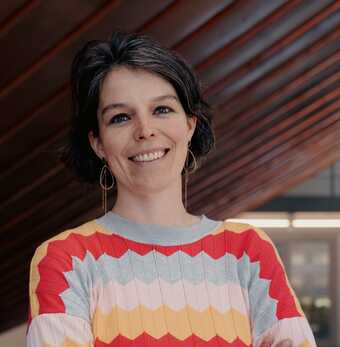
The valorization consortium BioMolecules comprises 25 research groups focused on industrial biotechnology. These groups utilize microorganisms as mini chemical factories for producing a wide range of products, with applications across various sectors including food, animal feed, platform chemicals, specialty chemicals, cosmetics, and water purification. A key role within this consortium is played by synthetic biology and biocatalysis, which are essential for developing innovative production methods. Additionally, green chemistry is a significant tool used to make these processes more sustainable and environmentally conscious.

ChemTech Life Science is the Chemistry Business and Valorisation unit of Ghent University, also called an IOF (Industrial Research Fund) Consortium. It focuses on projects and research findings that respond to an unmet need in the market and can lead to industrial applications. ChemTech Life Science coordinates the valorization of Chemistry Technologies. It aims to be the focal point for industrial collaborations between research groups dealing with chemistry and companies that are looking for chemical expertise. In this way, ChemTech Life Science facilitates and coordinates the set up of industrial projects and manages a strategic IP portfolio and its licensing opportunities. ChemTech Life Science can be the gateway to participation in a network of high-quality R&D in various research programs at national and international level.
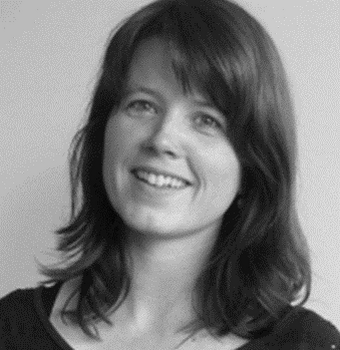
Metals is the European technology center for metals R&D at Ghent University. Our expertise ranges from fundamental material research to application-driven design of large structures. We focus on durable materials and rational material use, and metals in the energy transition and electrification.
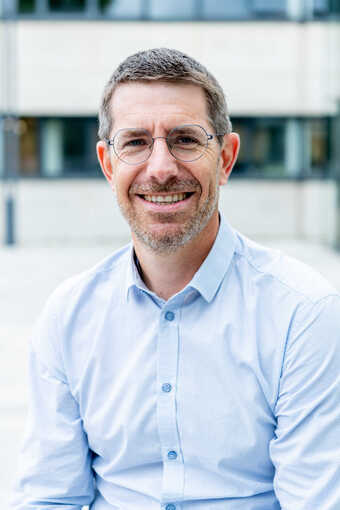
Imo-imomec is a research institute of Hasselt University, in collaboration with imec, where chemists, physicists and engineers conduct multidisciplinary materials research. We focus on advanced material systems for a sustainable and healthy society. Our core domains are energy conversion, energy storage, sustainable materials, sensors, healthcare materials and quantum technologies.

Reseachers within the valorisation consortium Composites focus on the mechanical performance and modelling of (fiber reinforced) polymers, polymer recycling and processing, additive manufacturing and non-destructive testing.

The multidisciplinary consortium BIOREFINED at AUGent (Ghent University Association) brings together 35+ research groups within the circular bioeconomy domain, aiming to transform biomass and organic side streams into valuable resources and subsequent biobased applications via science-2-business collaborations in food, feed, water purification, (agro-)chemistry, materials and energy.
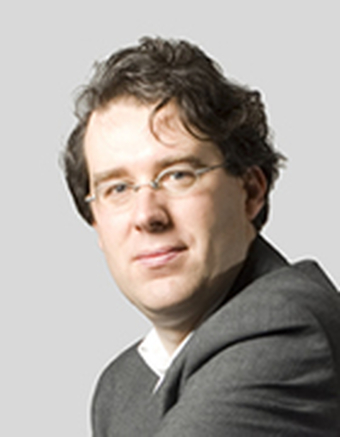
DuraBUILDmaterials - DBm is a network of research teams at Ghent University, that unite expertise on durable building materials and structures. The DBm knowledge and technology transfer cluster is your access gateway to the innovation, technology transfer and industrial collaboration activities of Ghent University in the field of construction and the built environment. The aim of DBm is to validate recent original research results and to facilitate knowledge transfer activities and research collaboration with industry, so to support innovation & development in the construction sector. The DBm cluster supports and actively seeks cooperation with industry.
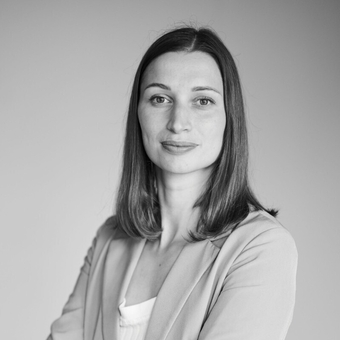
ChemTech coordinates the valorization of Chemistry Technologies. It aims to be the focal point for industrial collaborations between research groups dealing with chemistry and companies that are looking for chemical expertise. In this way, ChemTech facilitates and coordinates the set up of industrial projects and manages a strategic IP portfolio and its licensing opportunities.

TEX IS MORE supports companies, knowledge institutions, and researchers in the development and commercialization of innovative and sustainable textile solutions. The expertise center acts as a bridge between academic research and industrial applications, fostering collaboration in the field of textile innovation.
At TEX IS MORE, partners collaborate with a multidisciplinary team of scientists and experts from a wide range of relevant disciplines, including (smart) textile technologies, (bio-)materials, user-centered research, and business model development.
Partners can rely on TEX IS MORE for advice and support related to materials, production processes, product development, and circular applications. The focus lies on translating knowledge and technology into concrete and relevant applications within an industrial context, with particular attention to scalability and performance.
The service offering is flexible and tailored to the needs of partners, encompassing targeted expertise and technical support through bilateral collaborations, joint innovation, research and funded projects, access to licensing opportunities, and the creation of spin-offs.
TEX IS MORE enables organizations to achieve profitable progress in sustainable and circular textile innovation by delivering solutions that align with their strategic and operational objectives.